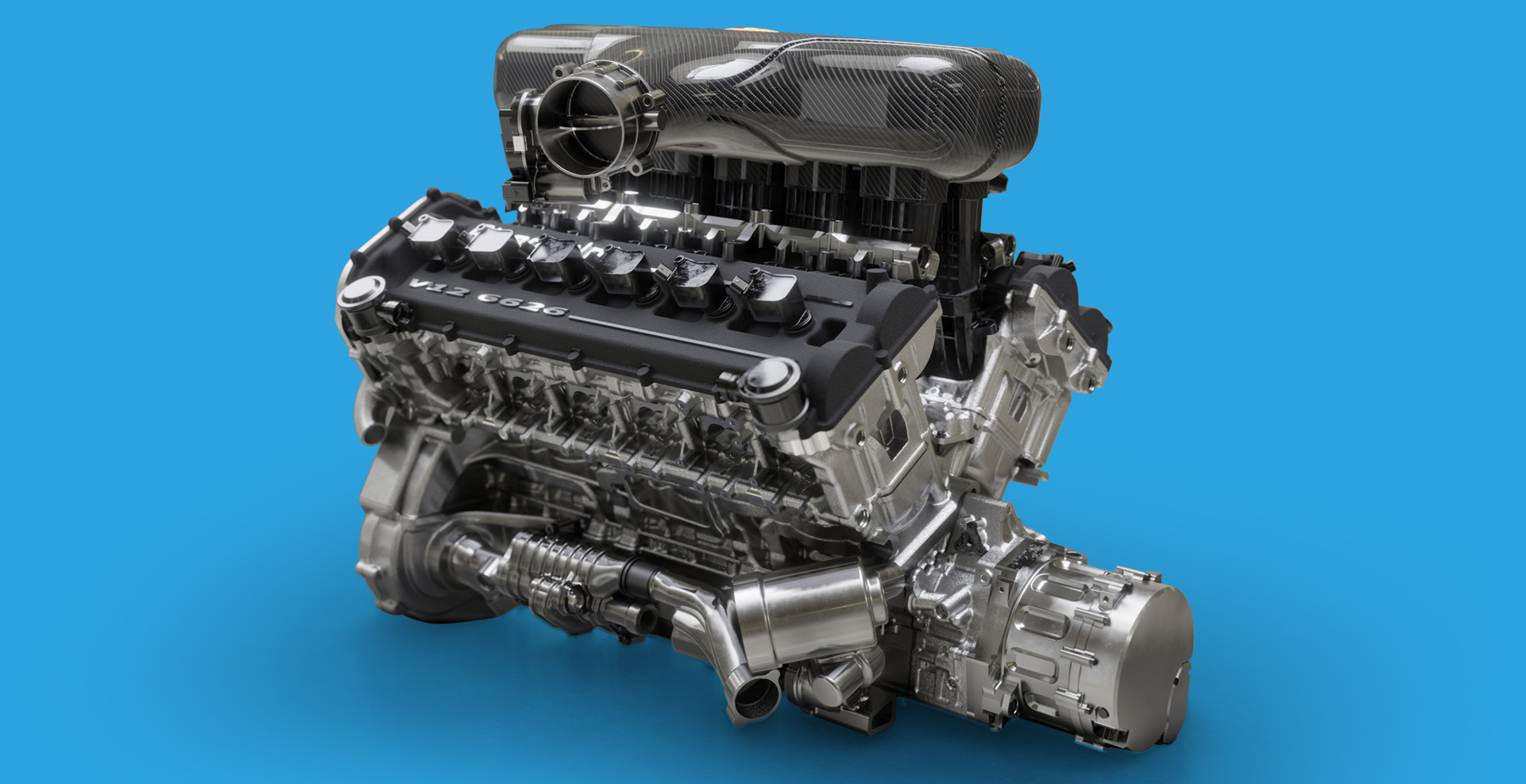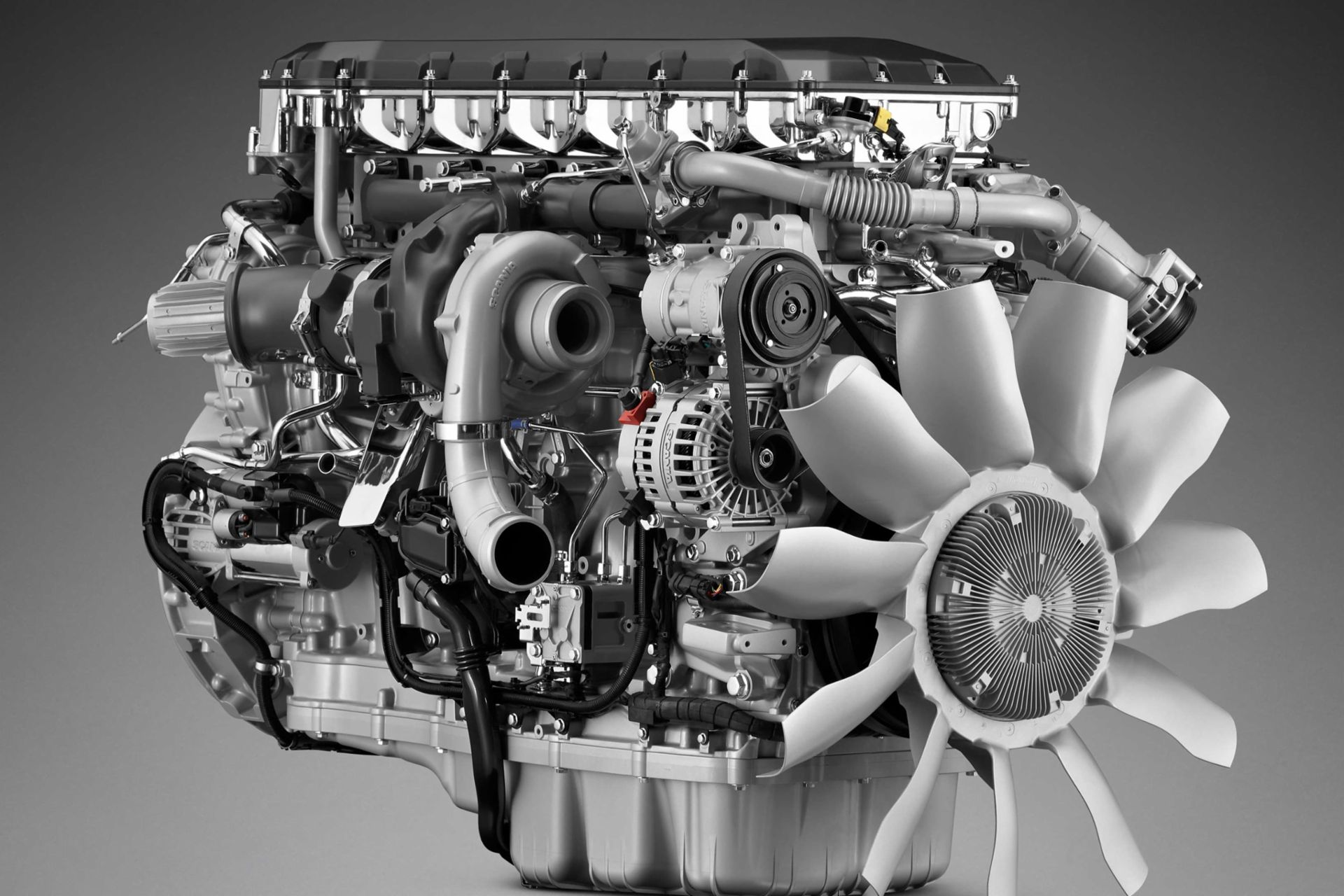Guaranteeing Long-Term Performance with Engines For Africa Products
Guaranteeing Long-Term Performance with Engines For Africa Products
Blog Article
Check Out a Large Range of Engines for each Automobile and Function
The auto landscape is progressively complex, with a diverse array of engine kinds developed to fulfill details performance and performance demands throughout numerous car classifications. Additionally, heavy-duty engines offer the requirements of work automobiles, while environmentally friendly alternatives are obtaining traction in the quest of sustainable transport.
Sorts Of Automotive Engines
Automotive engines can be categorized into a number of distinctive types, each created to satisfy certain performance and efficiency requirements. One of the most usual groups include inner burning engines, electrical engines, and hybrid systems.

Electric engines, on the other hand, operate electric power stored in batteries, providing instantaneous torque and absolutely no discharges. These engines are coming to be significantly prominent as a result of developments in battery modern technology and the growing focus on sustainability.
Hybrid systems combine both inner burning and electrical engines, allowing lorries to optimize fuel efficiency and lower emissions by flawlessly changing in between source of power. Each engine kind provides its disadvantages and benefits, influencing variables such as lorry design, intended usage, and market need. Understanding these differences is essential for suppliers and customers alike when picking the appropriate engine for their certain needs.
Efficiency Engines for Sports Cars
Efficiency engines for cars are specifically crafted to deliver boosted speed, dexterity, and power, setting them in addition to common automobile engines. These engines commonly make use of sophisticated innovations such as turbocharging, supercharging, and variable valve timing to maximize performance and responsiveness.
Usually, performance engines are made with greater compression ratios, which permit higher energy extraction from gas. This leads to outstanding horsepower and torque figures, allowing rapid velocity and greater full throttle. The lightweight products utilized in these engines, such as aluminum and carbon fiber, contribute to decreased total vehicle weight, enhancing handling and ability to move.
Engine arrangements like V6, V8, and also hybrid systems prevail in efficiency cars, each offering special benefits in terms of power shipment and driving dynamics. The tuning of these engines is likewise vital; several makers optimize the engine administration systems to give a thrilling driving experience, commonly consisting of sporting activity settings that readjust throttle reaction and gear changes.
Effective Engines for Daily Commuters
In the world of day-to-day commuting, effective engines play an essential role in maximizing fuel economy and decreasing discharges while providing trustworthy performance. As urban populations expand and ecological issues heighten, the need for cars furnished with effective powertrains has actually surged.
Modern engines developed for everyday travelers usually incorporate modern technologies such as turbocharging, direct fuel shot, and hybrid systems. Turbocharging improves engine efficiency forcibly even more air right into the burning chamber, allowing for smaller, lighter engines that do not compromise power result. Straight gas shot enhances fuel atomization, causing better combustion and enhanced efficiency.
Hybrid engines, incorporating internal burning with electrical power, additional boost fuel economic situation, specifically in stop-and-go traffic, where typical engines can struggle with ineffectiveness. Electric motors assist throughout acceleration and can run independently at reduced rates, decreasing overall fuel intake.
Furthermore, innovations in engine administration systems and light-weight materials add dramatically to efficient engine design. By focusing on efficiency, longevity, and ecological sustainability, makers proceed to supply engines that not only fulfill the needs of daily travelling but also line up with worldwide initiatives to decrease carbon impacts.
Heavy-Duty Engines for Job Automobiles
Sturdy engines for work vehicles are regularly engineered to supply extraordinary torque and integrity under demanding problems. These engines are developed to do in atmospheres where traditional engines may fail, such as building and construction sites, logging procedures, visit site and farming setups. The main emphasis of sturdy engines is their ability to produce high degrees of power while maintaining durability over prolonged durations of operation.
Typically, heavy-duty engines utilize advanced products and robust building techniques to endure the rigors of hefty work. Functions such as reinforced cyndrical tube blocks, enhanced air conditioning systems, and advanced gas shot modern technologies add to their performance. These engines commonly run at lower RPMs, which aids to enhance fuel performance while offering the necessary power for towing and transporting.
In enhancement to mechanical robustness, sturdy engines are usually equipped with sophisticated electronic control systems (ECUs) that take care of efficiency, exhausts, and get more diagnostics. This combination permits for better monitoring and upkeep, making certain that work vehicles remain effective and operational.
Ultimately, heavy-duty engines are a crucial component in the productivity of numerous markets, giving the required power and reliability to tackle the most difficult of jobs.
Eco-Friendly Engine Options
The growing emphasis on sustainability has actually led to the development of environment-friendly engine options that focus on reduced emissions and improved gas effectiveness. These engines are created to lessen the environmental influence of automobiles while still supplying the performance and reliability anticipated by consumers.
Among one of the most significant environment-friendly options are electrical and hybrid engines. Hybrid engines incorporate standard interior burning engines with electric propulsion, permitting decreased gas intake and lower greenhouse gas exhausts. Electric engines, on the various other hand, run completely on battery power, generating zero tailpipe emissions and adding to cleaner air quality.
An additional encouraging development is the improvement of biofuel engines, which use renewable energies, such as plant products, to power lorries (Engines For Africa). By making use of biofuels, these engines can reduce reliance on fossil gas and reduced general carbon impacts

As the vehicle industry advances, eco-friendly engine options will play a vital function in driving the transition towards more lasting transport services.
Final Thought
From high-performance engines that enhance sports car capacities to effective versions prioritizing fuel economic situation for day-to-day travelers, each type serves a certain feature. Sturdy engines cater to robust work cars, while eco-friendly choices, such as electrical and biofuel engines, advertise sustainable transport.

Report this page